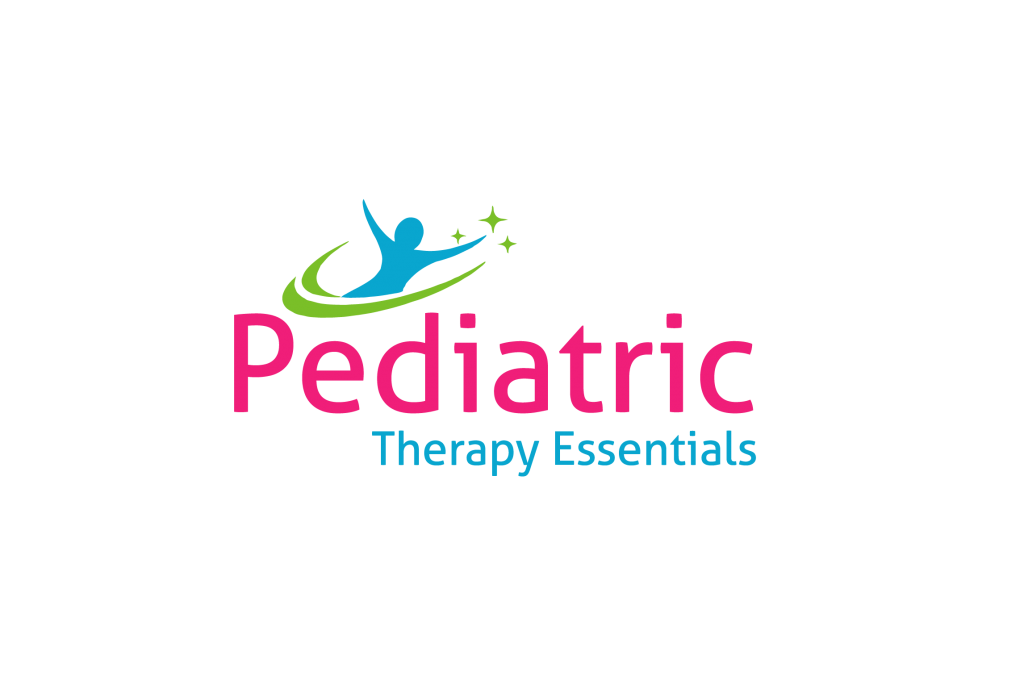In this week’s episode we are going to dive into one of the most common neurodevelopmental disorders of childhood, ADHD. This topic is one that is near and dear to my heart, because one of my children has been diagnosed with this condition. Today I want to share with you the important medical and therapy based information about ADHD, but I also want to our family’s experience in managing this condition. So, let’s dive in.
ADHD, otherwise known as, Attention Deficit Hyperactivity Disorder is defined by the Center for Disease Control and National Institute of Mental Health as, a neurodevelopmental disorder of childhood marked by an ongoing pattern of inattention and/or hyperactivity-impulsivity that interferes with functioning or development. Based on the individual’s presentation of symptoms, they are diagnosed as one of three types of ADHD:
- Predominantly Inattentive Presentation: These individuals are unable to remain focused on a task and are easily distracted by other stimuli. This inattention makes it difficult for them to follow instructions or complete a task, especially one with multiple steps. They may appear disorganized and frequently lose or not turn in their assignments.
- Predominantly Hyperactive-Impulsive Presentation: These individuals are constantly moving or talking. They have difficulty staying still long enough to do their school or homework, and younger children may by constantly running, climbing, and jumping. Their impulsivity may cause them to constantly interrupt others, talk over other people, or speak at inappropriate times.
- Combined Presentation: Symptoms of the above two types are equally present.
Diagnosis of ADHD is done through a comprehensive evaluation by a medical professional that specializes in this condition such as a pediatrician, psychologist, psychiatrist or neurologist. These professionals will explore your child’s symptoms and how they impact their daily lives. It is important that they rule out any other causes of your child’s symptoms before making a diagnosis. For example, is a child appearing inattentive because they can’t understand the instruction, have a vision or hearing impairment, or because they are hostile or defiant.
Treatment of ADHD can encompass a number of different therapies and is specific to each child’s individual needs. These therapies include medications, behavioral therapists, and psychosocial therapies. Let’s explore theses areas:
Medication:
- The most common type of medications used to treat ADHD are stimulants which may seem counterintuitive when you consider the symptoms common in ADHD. However, these medications boost neurotransmitters in the brain that help control attention and behavior.
- Non-stimulant medications are also available. These medications take longer to become effective than stimulants. Your physician will determine which option is most appropriate.
- As with any medication, there are side effects to most ADHD medications. Some of the most common ones are loss of appetite, difficulty sleeping, and stomach upset. Families must work closely with their physician to find the best treatment for their child’s needs.
Psychosocial and Behavioral Therapies:
- Behavior therapy. Teachers and parents can learn behavior management and changing strategies, such as token reward systems and timeouts, to help manage challenging behaviors.
- Social Skills Training. Challenges with impulse control and inhibition are common in individuals with ADHD making social situations challenging. Social Skills Training is designed to help children learn appropriate social behaviors.
- Psychotherapy: ADHD can be a very challenging condition for children and teens to cope with emotionally. Psychotherapy allows older children with ADHD to talk about their frustrations and challenges and problem solve solutions in a safe environment.
- Occupational Therapy: I believe that the OT was the single most important piece in the management of my son’s ADHD. OTs are skilled professionals that evaluate and treat executive function challenges that are common in individuals with ADHD. In last week’s video we talked about our executive function skills like: working memory, inhibition, attention, organization, planning, etc. The ability to perform these higher level cognitive skills is directly impacted by ADHD.
If you would like to hear about my family’s ADHD story, please watch the video above. I dive into diagnosis and treatment, as well as, my mom tips on how to help your child deal with this condition.
If you are an ADHD family and have tips and tricks to share, please leave them in the comment section below. I would love to hear from you.
Thanks so much for stopping by today. I hope you have an amazing week!
-Heather
This post contains affiliate links. Pediatric Therapy Essentials, LLC participates in the Amazon Associates Program. Should you choose to use these links, this channel may earn affiliate commissions at no additional cost to you. Thanks for your support!

